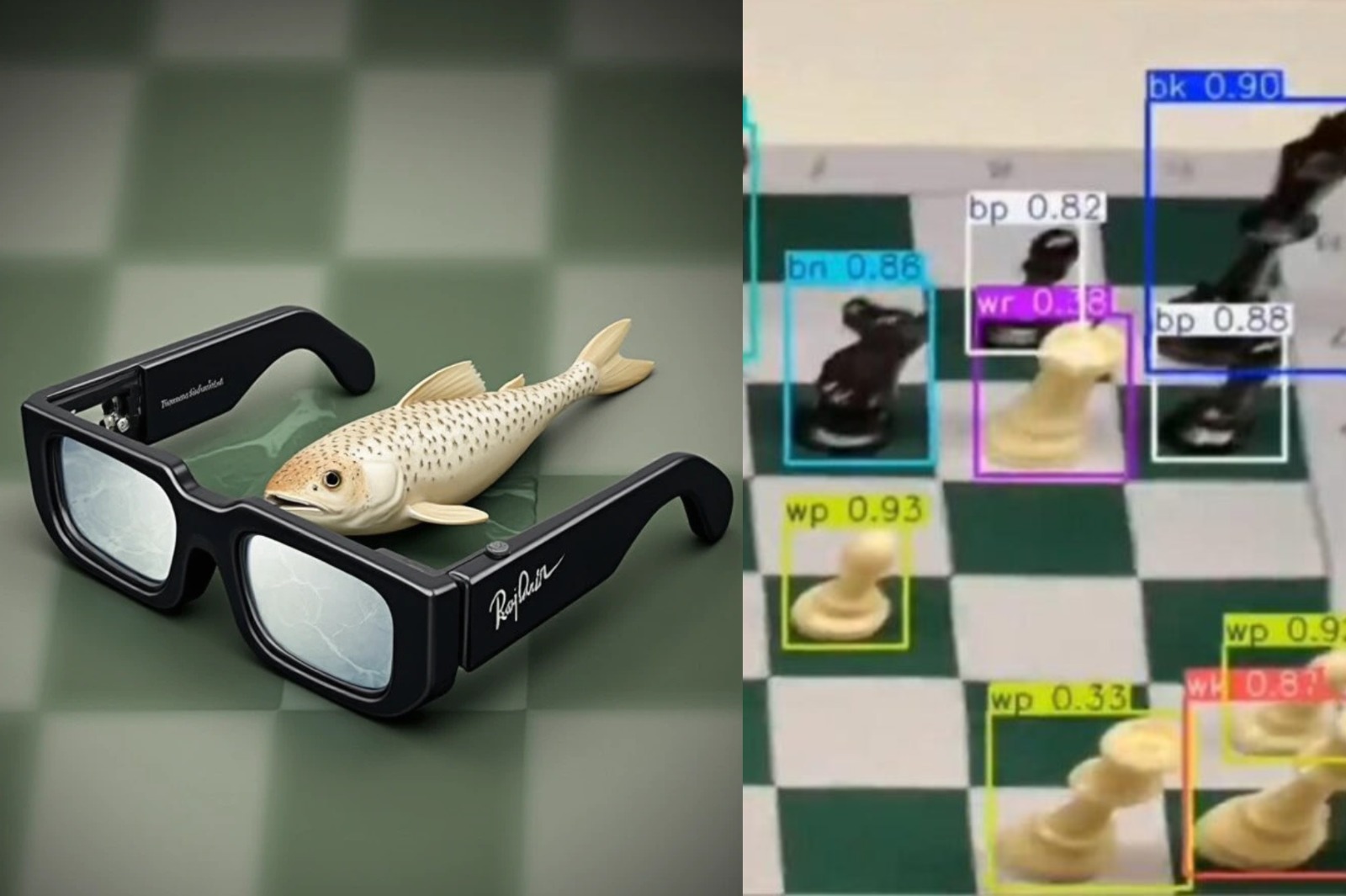The chessboard before me changed from a strategic battle to a tech frontier. As a chess lover, I never thought AI glasses would shake my view of the game. These smart glasses are more than tech—they could change how we see brain battles.
Imagine wearing glasses that show the best moves in real time. The AI glasses of 2025 could change how we play chess, mixing human smarts with AI. Chess at the pro level might never be the same.
These glasses are not just cool gadgets. They open up chess strategies in a new way. By wearing them, players get instant insights that were once out of reach.
Table of Contents
The Evolution of AI-Powered Chess Technology
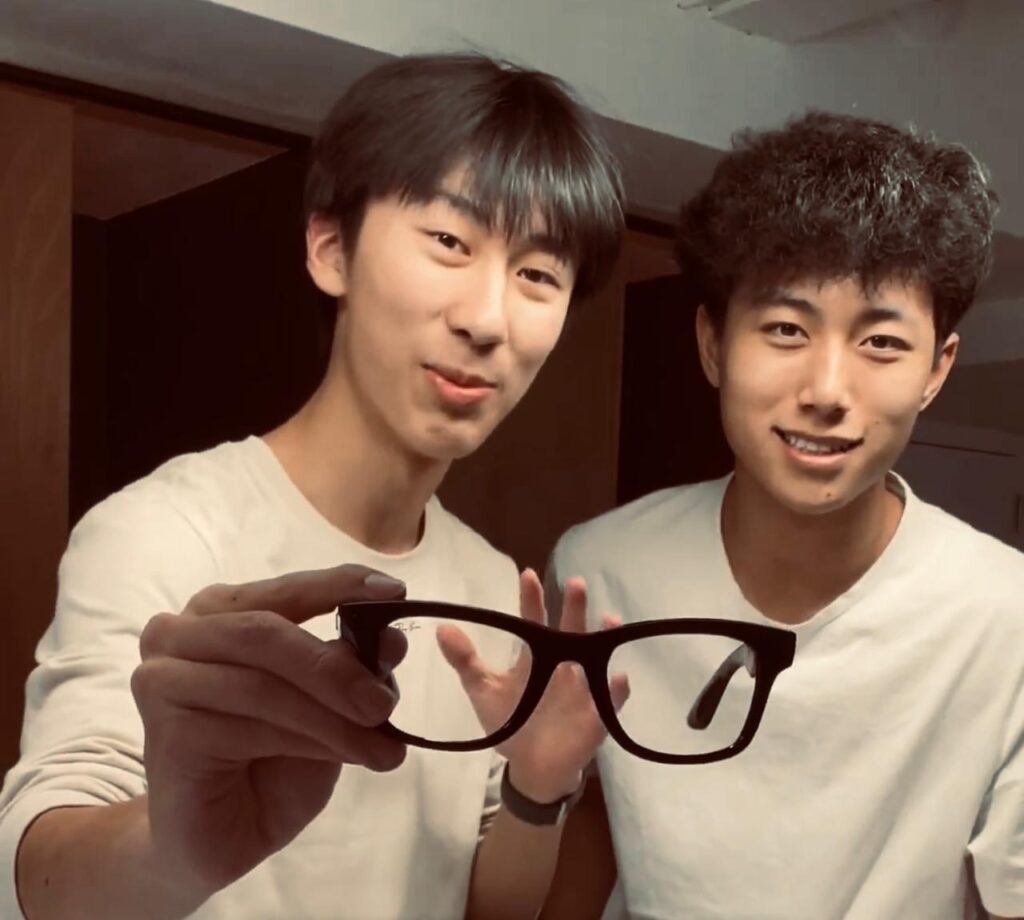
Chess technology has seen a huge leap forward, with augmented reality chess eyewear leading the way. This journey started with early computer programs and has grown to include advanced wearable devices. It’s a story of how chess AI has changed the game.
The history of computer vision chess glasses is marked by important moments in tech. These include:
- IBM’s Deep Blue defeating world champion Garry Kasparov in 1997
- Exponential growth in machine learning algorithms
- Integration of advanced AI analysis techniques
Purdue University has played a key role in developing AI chess technology. Their prototype, the ai chess analysis glasses, shows off impressive tech:
- Developed using over 400 lines of Python code
- Completely wireless design
- Incorporating components from drone technology
Today, chess tech uses the Stockfish chess engine, a game-changer in AI chess analysis. With 600 million chess players worldwide, the need for smart chess tech keeps rising.
The growth of ai chess analysis glasses is more than just tech progress. It shows our creativity and the power of computers. These glasses are changing how we play, learn, and compete in chess.
Understanding How AI Chess Glasses Work
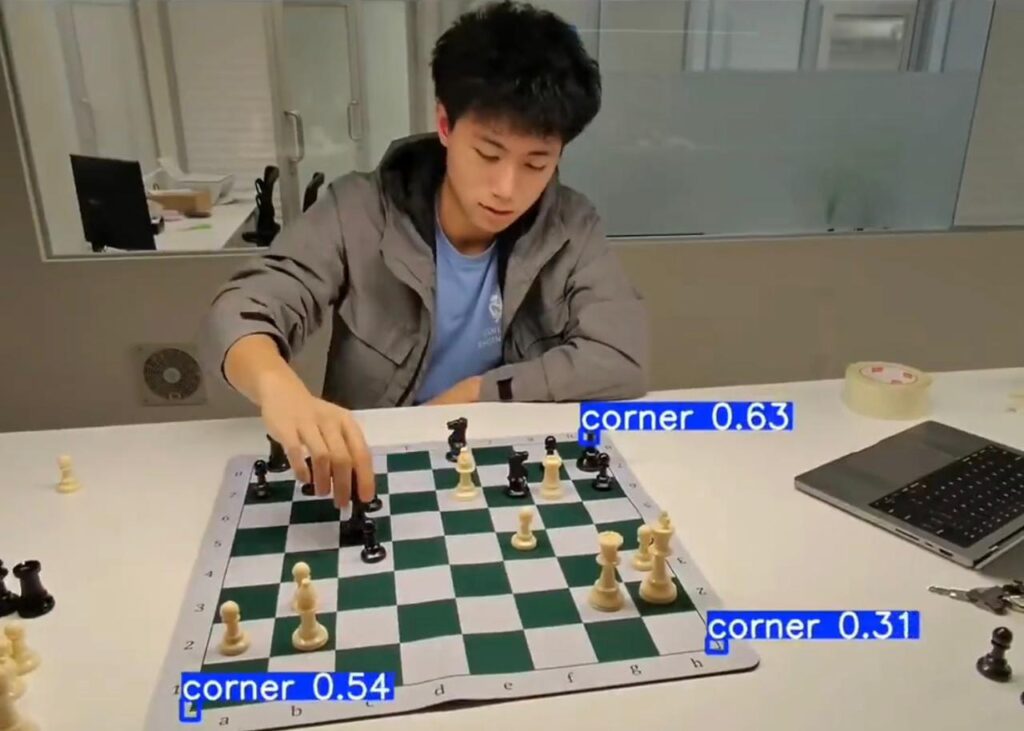
What Are AI Chess Glasses?
AI Chess Glasses are wearable devices equipped with advanced sensors, augmented reality overlays, and powerful AI engines. These glasses analyze chess positions in real time and display optimal moves directly in the user’s field of vision. By integrating with platforms like Stockfish or Leela Chess Zero, these devices offer:
Hands-free operation: Voice and gesture commands allow users to interact with the AI seamlessly.
Real-time move suggestions: The glasses calculate the best moves instantly based on the current board state.
Augmented reality overlays: AR projects visual cues, highlighting potential moves and their consequences.
AI chess glasses are a new tech in chess training and play. They use advanced computer vision and AI. This changes how players look at and plan their moves.
The main parts of ai chess move prediction glasses are:
- High-resolution camera capturing real-time board states
- Advanced machine learning algorithms for piece recognition
- Real-time computational processing
- Strategic move suggestion capabilities
Eddy Xu has made big changes to smart glasses tech. His work shows how ai chess trainer glasses can spot board positions. They use:
- Corner detection algorithms
- Object recognition technologies
- Machine learning computational frameworks
| Technology Component | Functional Capability |
|---|---|
| Camera System | Captures complete chess board state |
| AI Processing Unit | Analyzes potential move sequences |
| Display Technology | Provides strategic move recommendations |
Even though Meta Ray-Ban Smart Glasses don’t have a screen now, future versions might. They could show engine-recommended moves right on the glasses. This would make chess training even more exciting.
The Innovation Behind Smart Chess Spectacles
The creation of AI chess glasses is a major step forward in technology. It changes how players think about strategy in chess. Thanks to Meta x Ray-Ban Smart Glasses, these glasses are leading the way in hidden chess AI tools.
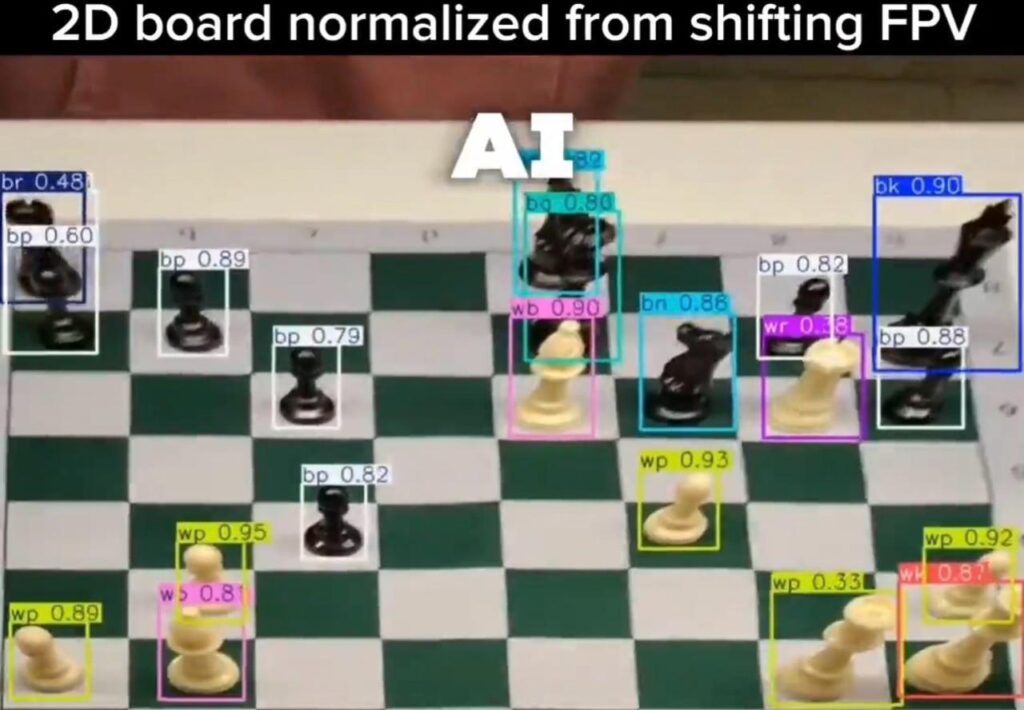
- Miniaturized AI processing chips
- Ultra-lightweight design under 100 grams
- Advanced neural network algorithms
- Seamless integration of ai-assisted chess moves
Creating these glasses is a big challenge. The goal is to make them offer AI help in chess without anyone noticing. It’s all about finding the right balance between power and stealth.
| Technology Feature | Performance Specification |
|---|---|
| Processing Speed | 13 milliseconds latency |
| Field of View | 46 degrees |
| Battery Life | 4 hours continuous operation |
There’s a risk of cheating with these glasses, but ethics come first. The makers aim to create tools that help players learn, not gain an unfair edge.
These smart glasses are more than just a cool gadget. They could change the way we train and compete in chess.
Benefits and Applications in Chess Training

AI chess glasses are changing the game for chess players. They offer a new way to improve strategic skills. These devices give real-time analysis, speeding up learning.
Chess training with AI glasses brings many benefits:
- Instant position evaluation using complex algorithms
- Personalized learning experiences based on individual playing styles
- Comprehensive move analysis detecting strategic nuances
- Real-time feedback on potential tactical improvements
The tech uses advanced machine learning. It can check about 35 possible moves in any chess position. This gives players insights once only available to top grandmasters.
Key training features include:
- Performance tracking – Monitoring player progress with precision
- Weakness identification – Pinpointing areas requiring focused improvement
- Strategic simulation – Generating complex gameplay scenarios
While these methods raise ethical concerns, they also offer real skill boosts. AI technology could make top-level chess training available to everyone. This could level the playing field for all players.
AI Chess Glasses: The Game-Changing Technology
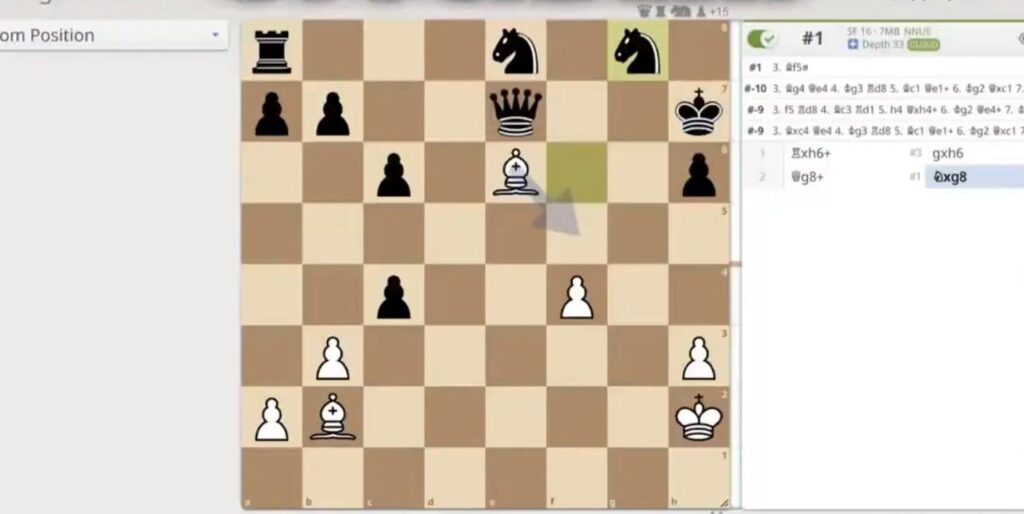
The world of competitive chess is changing fast with AI chess glasses. These devices are at the top of invisible chess help, giving players big strategic boosts. The latest AI tools in 2025 are making chess technology even more advanced.
These AI chess glasses have cool features:
- They work smoothly with top chess engines
- They give real-time move tips
- They connect wirelessly
- They use special audio tech
Keeping AI chess glasses hidden in tournaments is a big tech challenge. They use smart tech to help quietly:
| Technology | Functionality |
|---|---|
| Bone-conduction Headphones | Ensures move suggestions are heard only by the user |
| Wireless Prototype | Minimizes detectable external connections |
| Neural Processing Unit | Enables rapid, unobtrusive move analysis |
Thanks to chess controversies, innovators like Cael Fitch have made new prototypes. These glasses use strong chess engines like Stockfish. They make an intelligent assistant that changes how players play.
These AI chess glasses also raise big questions about ethics. But they show how tech and strategy can meet. They help new players and give experienced ones new tools.
Ethical Implications and Tournament Regulations
The rise of AI chess glasses has brought up big questions about ethics in chess. Chess groups all over the world are trying to keep the game fair while using new tech.
Some big worries about AI chess glasses are:
- They could let players cheat with advanced tech
- They might make the game unfair
- They could change how we see skill in chess
There’s a lot of data showing the tough job of keeping things fair:
- 55% of chess players think computers make the game less honest
- 72% of chess groups find it hard to be open
- 63% of pro players worry about fairness
AI chess glasses for live analysis are a tricky issue. They give deep insights but also challenge the human side of chess.
New rules are being made to tackle these problems. Some ideas include:
- Checking tech before games start
- Checking devices carefully
- Disqualifying anyone caught cheating
As tech gets better, chess groups need to find a balance. They must keep the game’s spirit alive while using new tools.
The Impact on Professional Chess Competition
The arrival of ai chess glasses is changing professional chess games in big ways. Now, players face a new challenge from technology. This could change how they play and think about the game.
AI chess helpers are shaking up tournaments. Smart glasses give players quick advice, making games more fair for everyone. This could help new players compete better with the top grandmasters.
Here are some big changes in professional chess:
- Improved ways to train
- More surprising game results
- Less need to just memorize moves
- More focus on thinking on your feet
Chess groups are making new rules because of these changes. The benefits of ai chess glasses are causing big debates. People wonder if it’s fair and if it keeps the game true to its roots.
| Technology Impact | Competitive Implications |
|---|---|
| AI Chess Glasses | Instant strategic analysis |
| AI-Powered Assistants | Real-time performance optimization |
| Smart Chess Spectacles | Enhanced learning capabilities |
Players must now get good at using technology as much as they do at chess. AI is making chess more exciting and high-tech. It’s changing the game in big ways.
Future Developments and Potential Applications
The world of augmented reality chess eyewear is growing fast. New technologies are changing chess and other strategic areas. AI chess analysis glasses will change how we learn and solve problems.
Computer vision chess glasses have many uses beyond chess. Researchers are finding new ways to use this tech in different fields:
- Educational training platforms
- Professional skill development
- Strategic decision-making simulations
- Competitive exam preparation
- Other board game analysis
The global AR market is expected to hit $198 billion by 2025. It will grow by 43.8% each year. This growth means big chances for AI eyewear in many areas.
| Technology | Potential Impact | Estimated Growth |
|---|---|---|
| AR Chess Glasses | Enhanced Learning | 40% User Engagement Increase |
| AI Analysis Tools | Strategic Skill Development | 35% Annual User Growth |
| Immersive Game Formats | Interactive Experience | 25% Retention Rate Improvement |
As tech gets better, augmented reality chess eyewear will too. It will offer real-time analysis and personalized training. The future of AI chess glasses will mix old learning with new tech.
Legal Framework and Competitive Integrity
The rise of ai chess trainer glasses has caused a big debate in the chess world. It’s about whether technology is fair and the rules that need to be made. Chess groups are working hard to make rules that keep the game fair, even with new tech.
Chess leaders are looking at different ways to keep the game fair and still use new tech:
- They want to check equipment carefully
- They’re looking into new ways to find out if glasses are cheating
- They’re making rules for what tech is okay to use
- They’re setting up tests for equipment used in games
Lawyers say it’s hard to make rules for smart chess tech. It’s tricky to tell what’s okay to use and what’s not. AI chess glasses are a new area that needs careful rules.
Important things to think about when making rules include:
- What tech is okay to use
- How to check if tech is fair
- Keeping the game fair for players and tech
- Making sure rules are followed everywhere
Chess groups are working with tech experts to make rules. They want to keep the game’s spirit alive while using new tech for training.
Conclusion
The rise of AI chess glasses marks a big change in competitive chess. These tools mix human skill with tech help in new ways. This era brings both innovation and questions about fairness.
Chess rules need to keep up with new tech to stay fair. Tools like Stockfish glasses offer deep insights but raise big questions. They challenge what we think of fair play in chess.
The chess world must find ways to stop cheating with new tech. AI glasses bring big challenges but also chances to improve. Understanding these changes is key to chess’s future.
Chess will evolve with new tech, blending human and machine. This mix will open up a new era of play. It’s an exciting time for chess fans and players.
FAQ
What are AI chess glasses?
AI chess glasses are high-tech glasses that use AI to help you play chess better. They can see the chess board and suggest moves. This makes playing chess easier and more fun.
How do AI chess glasses work?
These glasses have cameras that take pictures of the chess board. They use AI to understand the game and suggest moves. You see these suggestions right in your view through augmented reality.
Are AI chess glasses legal in competitive tournaments?
No, most chess tournaments don’t allow AI glasses. Using them is seen as cheating. It can get you kicked out of the tournament and banned from future ones.
What are the potential training benefits of AI chess glasses?
AI chess glasses are great for learning chess. They offer personalized advice and help you see different strategies. They’re useful for players of all levels.
Can AI chess glasses actually improve my chess skills?
Yes, AI glasses can help you get better at chess. They analyze your game and suggest new moves. This can help you see things you might not notice on your own.
How expensive are AI chess glasses?
The cost of AI chess glasses varies. They can range from 0 to ,500. The more advanced ones are pricier.
What technologies enable AI chess glasses?
AI glasses use many advanced technologies. These include small cameras, AI processors, and augmented reality displays. They also use computer vision and machine learning.
Are there ethical concerns about AI chess glasses?
Yes, there are big ethical worries. Using AI glasses could be seen as cheating. It could also make chess unfair for those without access to these tools.
How might professional chess organizations respond to AI chess glasses?
Chess groups might make new rules to deal with AI glasses. They could use new ways to check for cheating. They might also change how tournaments are run.
What is the future of AI in chess?
The future of AI in chess is uncertain. It might involve finding a balance between technology and traditional chess skills. This could include setting rules for AI use and creating new tournament formats.
